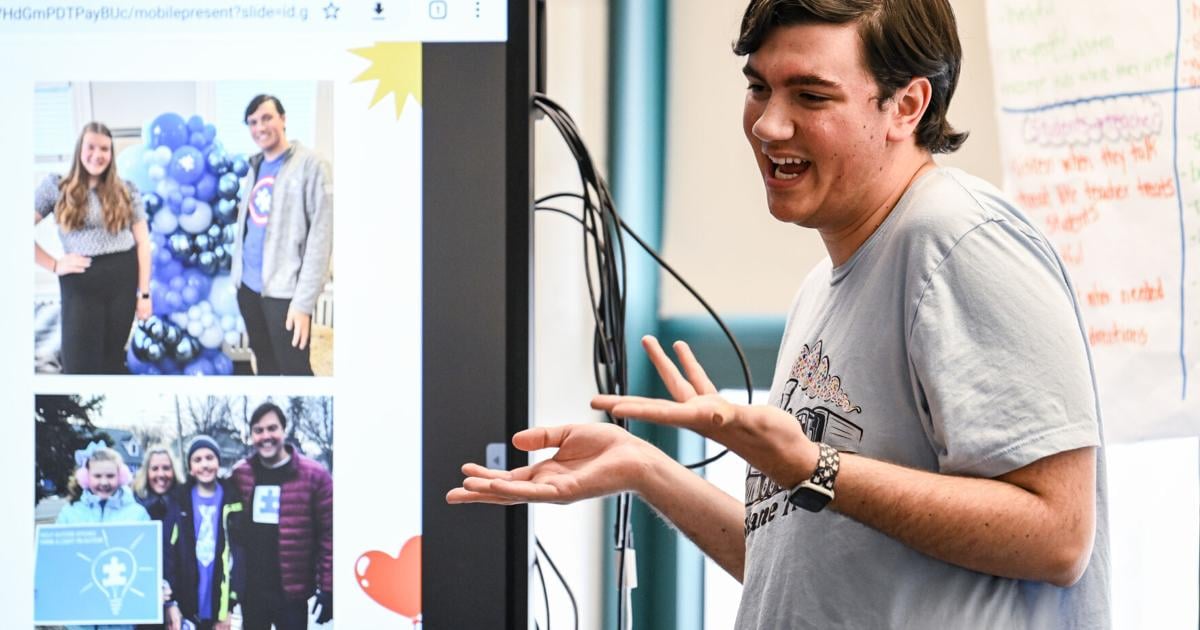
Understanding Autism Spectrum Disorder: A Personal Journey Toward Support and Inclusion
Diagnosed with Autism Spectrum Disorder (ASD) at a young age, one individual’s journey sheds light on the challenges and triumphs faced by families navigating similar experiences. As a toddler, the individual’s parents harbored concerns over their apparent silence, which was attributed to a lack of responsiveness during conversations. Despite consulting multiple medical professionals, the family received little clarity on the condition—which altered significantly upon their arrival at Tufts Medical Center in Boston. There, a diagnosis of ASD was provided, and it was revealed that the child was nonverbal, raising questions about future communication capabilities.
For many parents, receiving a diagnosis like this can be overwhelming. The uncertainty of how to support their child often leads families to seek external resources. In this case, the Northeast Arc emerged as a vital lifeline for the family. This organization provides essential support and resources for individuals with disabilities and their families, empowering them to access education and community programs tailored to their needs.
While the individual engaged in adaptive dance and music classes, their parents participated in a support group organized by the Northeast Arc. Such groups are instrumental in facilitating peer-to-peer networking, allowing parents to share experiences and strategies that bolster the well-being of their children. These interactions often lead to the discovery of vital resources—therapies, educational tools, and community programs—that may otherwise remain inaccessible.
The importance of early intervention cannot be overstated in cases of ASD; studies indicate that timely and tailored support can significantly enhance communication skills and overall quality of life for affected individuals. Engaging activities such as dance and music therapy not only provide avenues for self-expression but also foster socialization within a supportive environment.
As discussions around ASD and related disabilities continue to evolve, the role of community organizations like the Northeast Arc becomes increasingly critical. These organizations not merely support children and families; they also contribute to a broader societal understanding of autism, promoting acceptance and inclusion.
The journey that began with a diagnosis has turned into a narrative of hope and resilience. As more parents share their stories and gather insights from one another, the path toward understanding Autism Spectrum Disorder grows clearer, highlighting the significant impact of support networks in shaping lives and futures.


